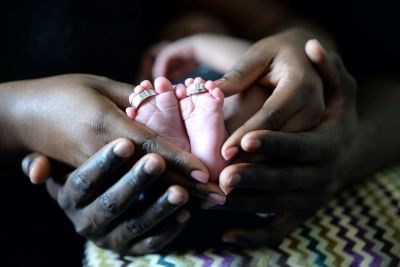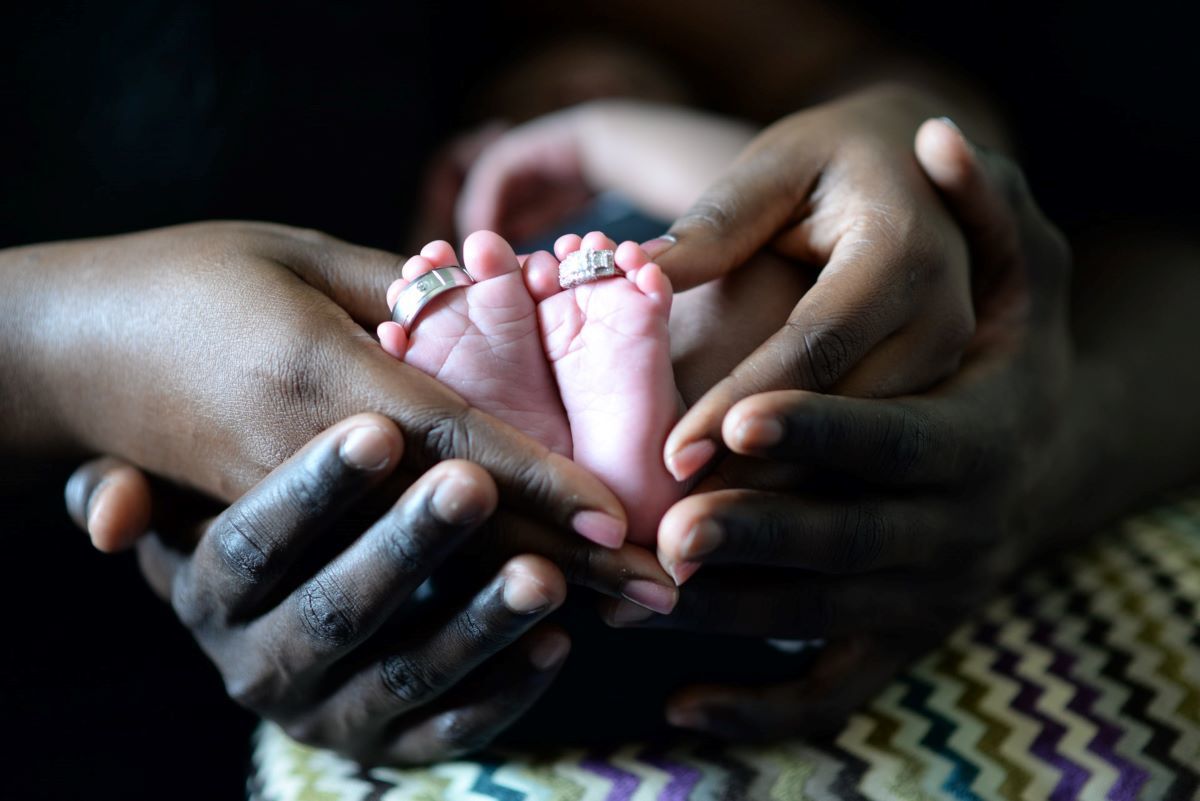
For the last few decades, it seems that when it comes to the social science concerning the family, progressives have modeled well the famous observation of the late Arthur Conon Doyle, the beloved British writer and physician best known for creating Sherlock Holmes.
“There is nothing more deceptive,” he once wrote, “than obvious fact.”
Facts concerning the family have been self-evident for years: strong nations are comprised of healthy and secure families — and secure families are made up of married mothers and fathers who devote themselves to one another and their children.
But then along came the sexual revolution and all the norms that served society so well for so long were questioned, challenged, and in many cases, upended and outright discarded. The “success sequence” — the belief that education, marriage, and then children, should flow in that order — was cast aside as some relic of a distant era.
Today, more than 40% of children are born outside of marriage. It’s far worse in the black community.
The cumulative effects have been devastating. At first the consequences may have seemed minor, but like so much, negative things happen little by little and then all at once. Social conservatives have been warning about the developing storm for a generation. In return, we’ve been mocked, marginalized, and even labeled bigots for our efforts.
Until now.
In a welcome admission last week, New York Times columnist Nicholas Kristoff suggested liberals have suffered from a “blind spot” when it comes to the deterioration of the two-parent family. That data is in — and he admits it’s devastating:
“Families headed by single mothers are five times as likely to live in poverty as married-couple families … Children in single-mother homes are less likely to graduate from high school or earn a college degree. They are more likely to become single parents themselves, perpetuating the cycle … Almost 30% of American children now live with a single parent or with no parent at all. One reason for the sensitivities is large racial disparities: Single parenting is less common in white and Asian households, but only 38% of Black children live with married parents.”
Mr. Kristoff qualifies the construct of a two-parent household as a “privilege” — but he’s wrong about that, at least in the sense of how we traditionally define privilege, i.e., a “special right” or “privilege.”
Every child is entitled to both a mother and a father. It should not be considered a luxury or special advantage. My heart breaks that it’s quickly becoming the exception, and I share that as someone who knows the pain and ache that comes from growing up in a broken home.
Poverty, single parenting and divorce aren’t Republican or Democrat problems. That’s why the work we do — giving singles the tools they need to establish healthy marriages, offering couples in crisis hope and help to save their marriage, and equipping parents to raise thriving children — shouldn’t be red or blue solutions.
We can work together — we must work together — to help families in need. If you reduce the divorce rate, you inevitably reduce poverty.
Some would argue that our approach is flawed — that as a culture we’re hopelessly “post-marriage,” or that society’s efforts would be better spent focusing on economic factors as causes and remedies for poverty. They would be wrong.
Advocating for policies and personal behavior that result in robust marriage and family is a more productive solution than robust social support. Since President Johnson declared a war on poverty in 1964, more than $25 trillion in taxpayer funds has been spent to fight it.
However noble and well-intentioned, the campaign has failed miserably.
Government is rarely (if ever) the solution to a problem, especially when it comes to eradicating social decay.
Instead, we need to pour ourselves into the task of strengthening families by promoting the beauty and sanctity of marriage.
How do we go about doing that?
Unlike a Sherlock Holmes mystery, there are no secrets or fantastical solutions to this societal conundrum. As it has been from the very beginning, we must strengthen marriage by first investing in our own relationships. We must model the God-ordained institution well by remaining faithful and committed in our own unions. We must also encourage our children to choose well and do the same — and we must champion policies that entice others outside our families to marry and do the same.
In other words, harkening back to Arthur Conan Doyle: “Elementary, my dear Watson.”
Jim Daly is president of Focus on the Family and host of the daily “Focus on the Family” broadcast heard by more than 6.3 million listeners per week on more than 1,000 radio stations across the U.S.
Free Religious Freedom Updates
Join thousands of others to get the FREEDOM POST newsletter for free, sent twice a week from The Christian Post.




























![[Video] More – Aghogho » GospelHotspot](https://gospelhotspot.net/wp-content/uploads/2024/04/More-Aghogho.jpeg)
















